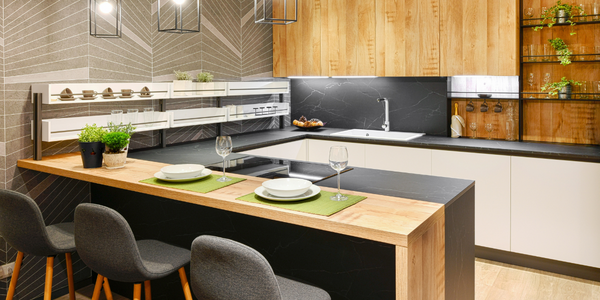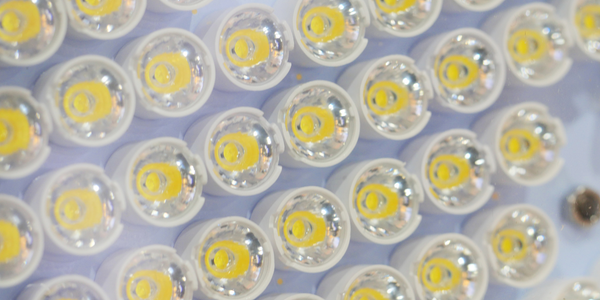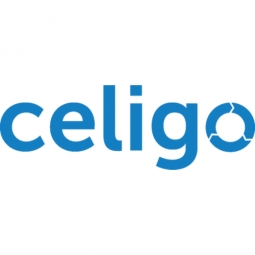Download PDF
Loot Crate Streamlines Order Process with IoT Integration
Technology Category
- Application Infrastructure & Middleware - Data Exchange & Integration
- Application Infrastructure & Middleware - Middleware, SDKs & Libraries
Applicable Industries
- Consumer Goods
- E-Commerce
Applicable Functions
- Procurement
- Warehouse & Inventory Management
Use Cases
- Intelligent Packaging
- Inventory Management
Services
- System Integration
The Challenge
Loot Crate, a subscription box service, was facing a significant challenge in managing the high volume of online orders received daily on its Loot Vault and Sports Vault sites. The number of orders could range from 200 to 1,000 on a typical day and could surge to nearly 7,000 during the holiday season. The company was manually transferring orders and fulfillment information between their e-commerce storefronts, order management system, and warehouse management system. This process was not only time-consuming but also prone to errors and inconsistencies, leading to order fulfillment delays. The situation was particularly critical during the holiday shopping season. The company realized that the manual and ad hoc processes were not sustainable as the company grew. They needed an automated solution that could seamlessly integrate their e-commerce platform, Shopify Plus, their order management system, NetSuite ERP, and their new warehouse management system, Snapfulfill.
About The Customer
Loot Crate, founded in 2012, is a subscription box service that delivers monthly themed mystery crates to fans. By 2014, the company had grown to over 200,000 worldwide subscribers. In 2016, Loot Crate was ranked #1 on Inc’s list of the Fastest Growing Private Companies. The company operates two sites, Loot Vault and Sports Vault, which receive a high volume of online orders daily. The company uses Shopify Plus as their e-commerce platform and NetSuite ERP to manage orders. They also planned to incorporate a new warehouse management system, Snapfulfill, into their operations.
The Solution
Loot Crate decided to implement Celigo's Shopify–NetSuite Integration App and the integrator.io iPaaS to automate the transfer of order and fulfillment information between their systems. The solution was chosen for its ease of implementation, user-friendly interface, and the ability to be managed in-house. The integration platform allowed Loot Crate to make changes to workflow logic themselves, reducing the implementation time from three to four days to just an hour. The solution was also scalable, allowing the company to increase the concurrency limit to manage the high volume of orders during the holiday season. The integration of the Celigo solution with the company's e-commerce storefronts, ERP, and warehouse management systems automated data transfers and ensured consistent data formatting across the systems.
Operational Impact
Quantitative Benefit
Related Case Studies.
.png)
Case Study
Improving Vending Machine Profitability with the Internet of Things (IoT)
The vending industry is undergoing a sea change, taking advantage of new technologies to go beyond just delivering snacks to creating a new retail location. Intelligent vending machines can be found in many public locations as well as company facilities, selling different types of goods and services, including even computer accessories, gold bars, tickets, and office supplies. With increasing sophistication, they may also provide time- and location-based data pertaining to sales, inventory, and customer preferences. But at the end of the day, vending machine operators know greater profitability is driven by higher sales and lower operating costs.

Case Study
Series Production with Lot-size-1 Flexibility
Nobilia manufactures customized fitted kitchens with a lot size of 1. They require maximum transparency of tracking design data and individual processing steps so that they can locate a particular piece of kitchen furniture in the sequence of processes.

Case Study
American Eagle Achieves LEED with GE LED Lighting Fixtures
American Eagle Outfitters (AEO) was in the process of building a new distribution center. The AEO facility management team decided to look at alternate options for lighting layout that could provide energy and maintenance savings. AEO would need a full-time maintenance employee just to replace burned-out fluorescent tubes.

Case Study
Revolutionizing Rodent Control
From pet- and child-safe traps, to touch-free and live-catch rodent control solutions, Victor continues to stay committed to producing superior products that meet the varying needs of today’s pest control professionals. And, with a long standing history supporting customers in the food processing, service, and retail settings, Victor knew that strict regulations were costing organizations thousands of dollars in excess overhead trying to manage their rodent-control solutions. Trap inspections in these environments are often difficult and time consuming, requiring personnel to manually check a trap’s status multiple times per day, amounting to over six hours of manual labor. Victor is looking for an innovative way to increase operational efficiencies with the use of technology.







